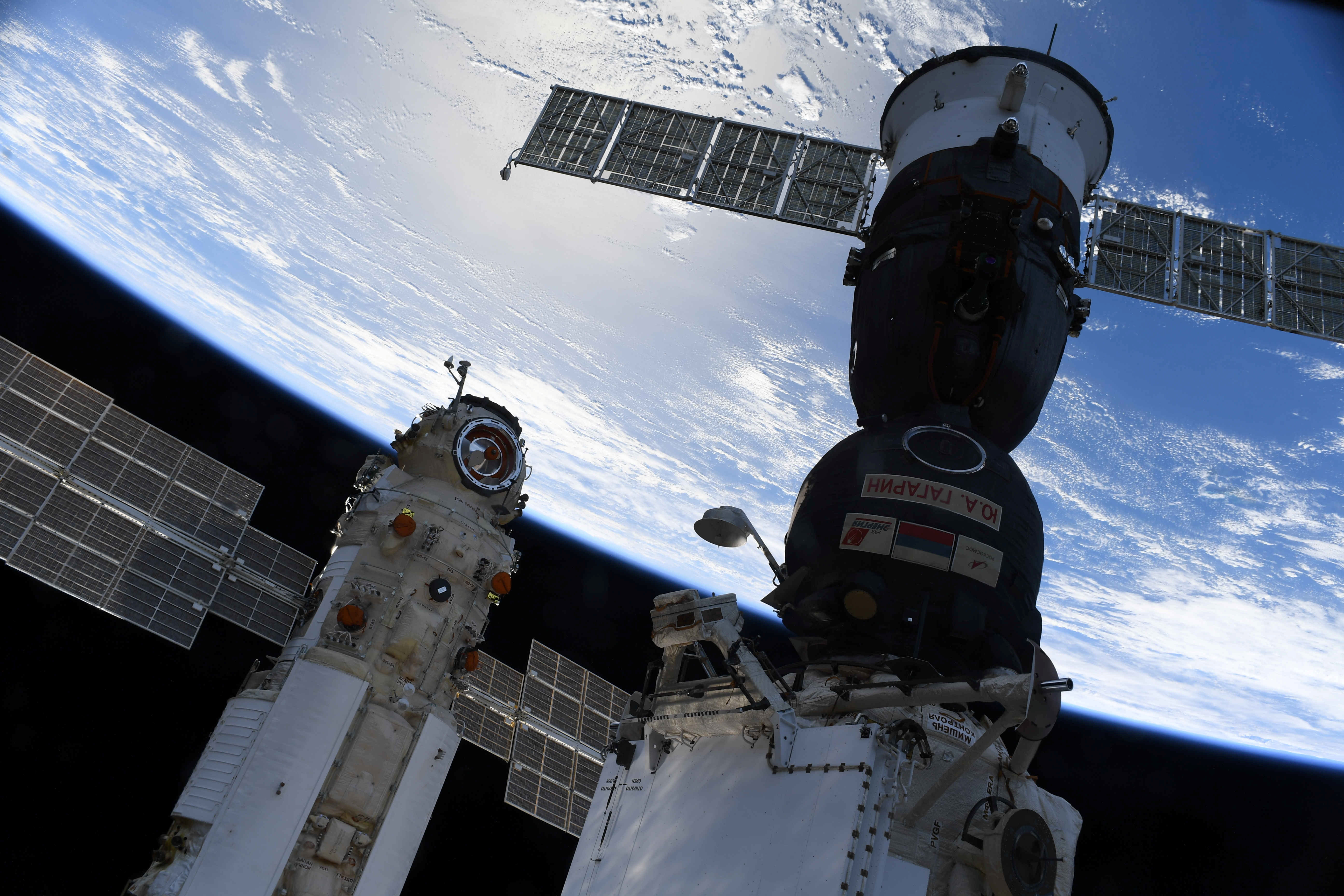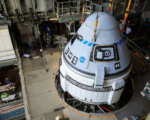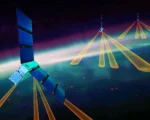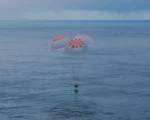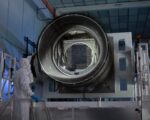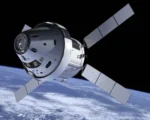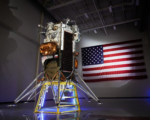A recent incident on the International Space Station (ISS) prompted Russian cosmonauts to briefly seal off part of the station after detecting an “unusual odor” emanating from the Russian Progress 90 cargo spacecraft. This occurred over the weekend, with NASA reporting the situation on Sunday.
According to NASA, the smell, accompanied by “droplets” observed by the cosmonauts, was likely due to “outgassing” from materials inside the Progress capsule. NASA clarified that the issue was not related to the spacecraft’s fuel—unsymmetric-dimethylhydrazine and nitrogen tetroxide—which is highly toxic to humans. Instead, it stemmed from materials within the spacecraft that had been exposed to the harsh conditions of space.
Kelly O. Humphries, NASA’s news chief at Johnson Space Center, reassured that there were no immediate safety concerns for the crew. “Outgassing” is a common occurrence in space when materials release gases in the absence of Earth’s atmosphere, and the extreme temperatures and radiation of space exacerbate this effect.
Once the unusual odor was detected, the cosmonauts quickly shut the hatch connecting the Poisk module to the rest of the ISS. Ground control teams then activated air scrubbers as part of standard protocol, which helped clear the air inside the station. NASA confirmed that air quality remained normal and that cargo transfer operations continued as planned.
The uncrewed Progress 90 spacecraft, which arrived on November 21 from the Baikonur Cosmodrome in Kazakhstan, was carrying essential supplies including food, fuel, and scientific materials. Despite the odor-related setback, the cosmonauts were able to access the cargo without further delay.
This event adds to ongoing concerns about the Russian-controlled modules on the ISS, including the Zvezda module, which has been largely sealed due to a slow air leak. The ISS continues to operate as a joint venture between Russia, the United States, and several international space agencies, though Russia’s commitment beyond 2028 remains uncertain.


